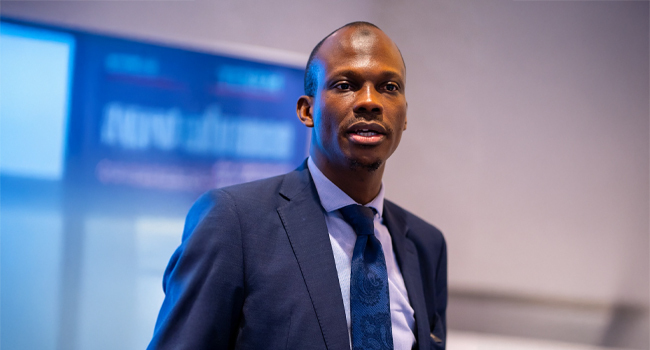 Air pollution has become a pressing global health issue, but its impact is particularly severe in developing countries, where rapid urbanization, industrialization, and limited environmental regulation exacerbate the problem. From respiratory diseases to cardiovascular issues, air pollution is a silent crisis causing millions of deaths each year.
Air pollution has become a pressing global health issue, but its impact is particularly severe in developing countries, where rapid urbanization, industrialization, and limited environmental regulation exacerbate the problem. From respiratory diseases to cardiovascular issues, air pollution is a silent crisis causing millions of deaths each year.
Dr. Oluwatoyin Ayo-Farai, a renowned environmental health specialist, warns that the health implications of air pollution in developing countries are grossly underestimated. “The lack of robust air quality monitoring systems means many governments are unaware of the true scale of the problem. This inaction is costing lives,” she explains.
According to the World Health Organization (WHO), air pollution causes an estimated 7 million premature deaths globally each year, with the majority occurring in low- and middle-income countries. In urban areas, vehicle emissions and industrial activities contribute significantly to poor air quality. In rural regions, reliance on solid fuels like wood and charcoal for cooking and heating exposes families to harmful indoor air pollution.
In countries such as India, Nigeria, and Bangladesh, the air quality index often exceeds safe levels, especially in densely populated cities. Children, pregnant women, and the elderly are most vulnerable, as prolonged exposure to polluted air increases the risk of asthma, chronic obstructive pulmonary disease (COPD), and lung cancer.
Dr. Ayo-Farai emphasizes the far-reaching health impacts of air pollution. “Airborne particulate matter, especially PM2.5, penetrates deep into the lungs and bloodstream, causing systemic inflammation. This is linked not just to respiratory illnesses but also to heart disease, stroke, and adverse pregnancy outcomes,” she says.
In addition, emerging studies suggest a connection between air pollution and neurodevelopmental disorders in children, as well as cognitive decline in older adults. “This isn’t just about the lungs; air pollution affects nearly every organ in the body,” Dr. Ayo-Farai adds.
The link between air pollution and respiratory infections is undeniable. Pollutants such as fine particulate matter (PM2.5) and nitrogen dioxide (NO₂) compromise lung function by damaging the airway lining and impairing the immune system’s ability to fend off pathogens.
This makes individuals more susceptible to infections such as pneumonia, bronchitis, and tuberculosis. For children, air pollution exacerbates asthma symptoms and increases the likelihood of developing respiratory infections, creating a cycle of recurrent illness and long-term lung damage. Dr. Oluwatoyin Ayo-Farai explains, “When the lungs are persistently exposed to polluted air, their natural defenses are weakened, leaving people vulnerable to infections and chronic respiratory conditions. This is particularly devastating in low- and middle-income countries where healthcare resources are already stretched thin.”
The economic burden of air pollution in developing countries is staggering. Healthcare costs, lost productivity, and reduced life expectancy collectively strain national economies. The situation is compounded by weak healthcare systems ill-equipped to manage the surge in pollution-related illnesses.
Families in affected communities bear the brunt of this crisis, often spending a significant portion of their income on medical treatments. Children unable to attend school due to health issues face disrupted education, perpetuating cycles of poverty.
While the challenges are daunting, solutions are within reach. Dr. Ayo-Farai calls for a multi-pronged approach to combat air pollution, starting with stricter environmental regulations and the adoption of cleaner energy alternatives. “Investing in renewable energy and enforcing vehicle emission standards are critical first steps. Equally important is raising public awareness about the dangers of air pollution and encouraging behavioral changes,” she suggests.
On a community level, initiatives to promote cleaner cooking technologies and tree planting campaigns can make a difference. International support through funding and technology transfer is also vital to empower developing countries to implement these changes.
Air pollution is not just an environmental issue; it is a public health emergency that demands immediate attention. Policymakers, industries, and citizens must collaborate to prioritize air quality improvements.
Dr. Ayo-Farai concludes with a poignant reminder: “Clean air is not a luxury; it is a fundamental human right. The time to act is now, before we lose more lives to this preventable crisis.”
As developing countries navigate the path to sustainable development, addressing air pollution will be a crucial step toward safeguarding public health and ensuring a brighter future for all.






